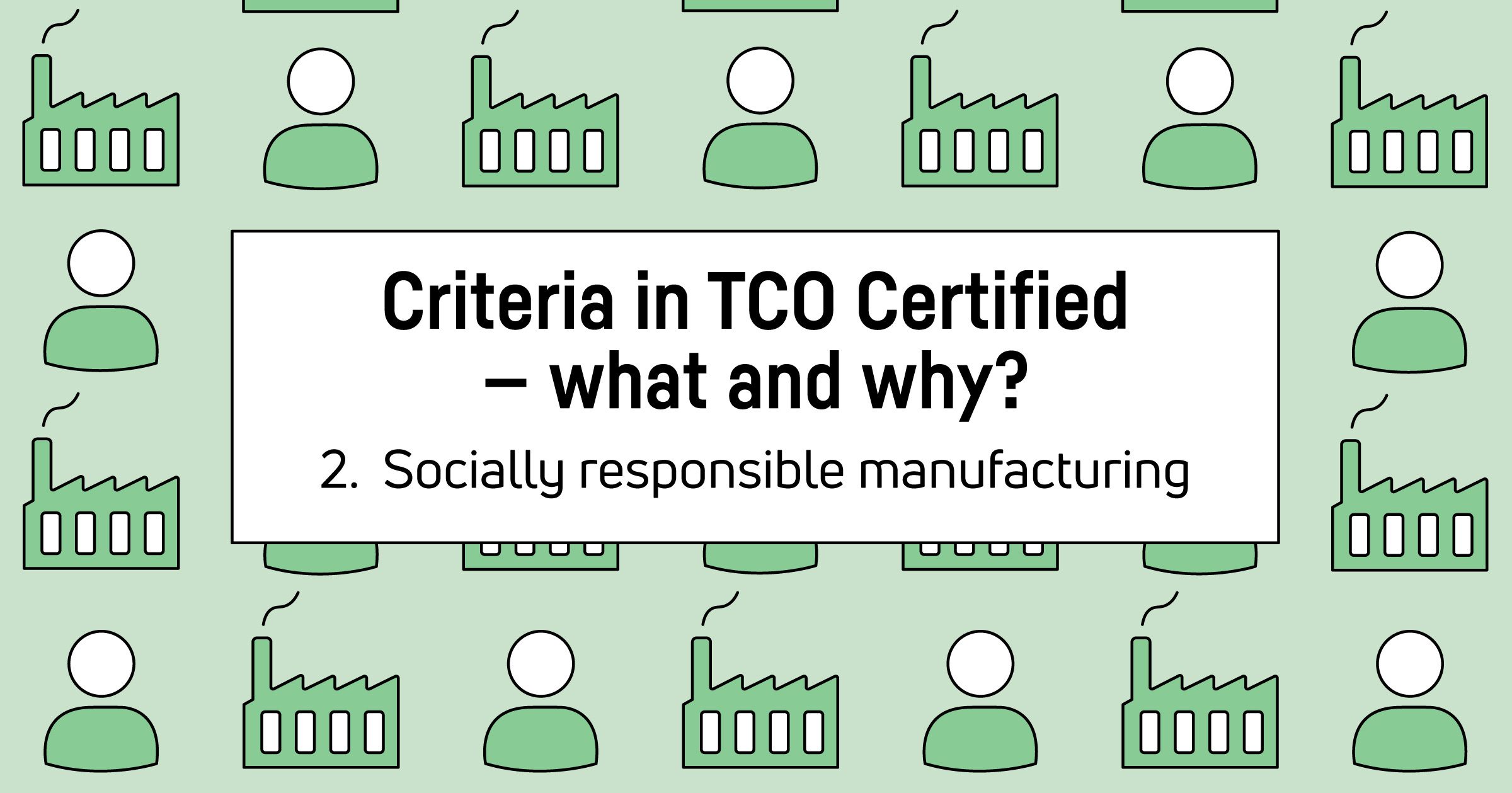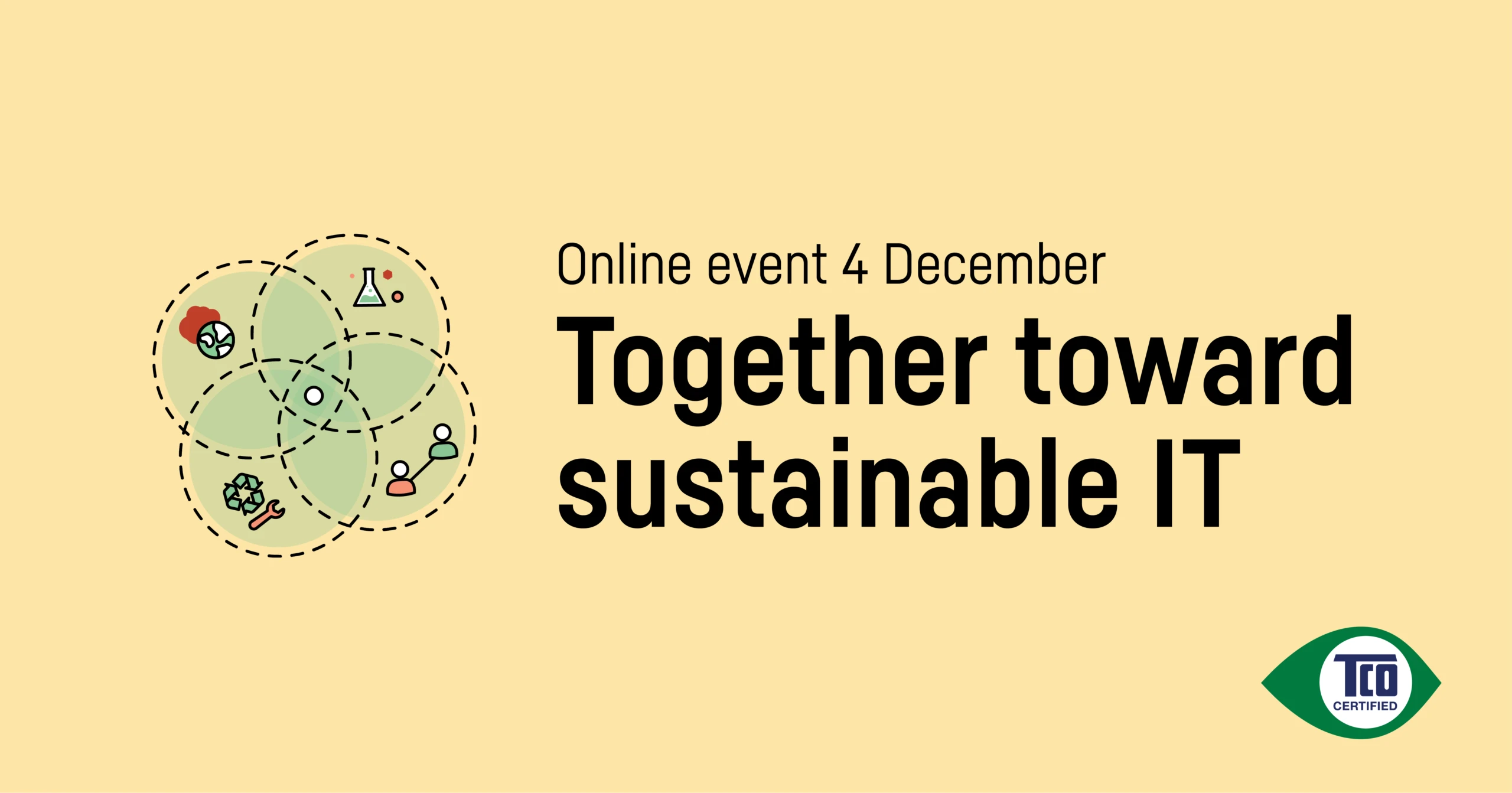Poor working conditions are common throughout the IT product supply chain. Child labor, forced labor, excessive overtime and hazardous substances are a risk to workers’ health and lives. To drive social responsibility, TCO Certified includes a structured system for continuous improvements, along with strict monitoring to ensure problems are solved.
Much of IT product manufacturing is carried out in low-wage countries where the labor market lacks clear regulation and the protection of workers is insufficient. Poor working conditions occur throughout the supply chain. Sustainability risks include child labor, forced labor, and hazardous chemicals used in manufacturing. Excessive overtime leaves a worker with little to no time over for rest, recreation, family or further education. The mineral industry is connected to armed conflicts and human rights abuses, severe health problems for workers, and environmental degradation. As in many industries, the risk of bribery is also present. This must be counteracted as it hinders development, erodes justice, undermines human rights and interferes with the fair and efficient operation of markets.
Criteria in TCO Certified — what and why?
This series of articles cover the eight criteria areas in TCO Certified. We go through the most critical sustainability challenges connected to IT products and how you can reduce the risks by including TCO Certified in procurement. All criteria are mandatory, and compliance with criteria is always independently verified.
Our approach: driving worker safety, human rights and closing non-conformities
Driving social responsibility throughout the complex IT product supply chain requires a clear and systematic approach. TCO Certified includes a framework that encourages proactive work and helps brand owners structure their work with sustainability. Corrective action plans must be developed and implemented within a set timeframe. To drive change where it’s needed the most, monitoring of high-risk factories is intensified.
Socially responsible manufacturing criteria focus on:
- Ensuring safer working conditions by requiring that the code of conduct is implemented throughout the supply chain.
- Guiding the industry to more sustainable practices with a structured system for continuous improvement.
- Requiring transparency about which sub-suppliers are being used to increase accountability.
- Taking the next step in combating corruption in the supply chain by requiring compliance with the more ambitious anti-bribery standard ISO 37001.
- Continuing independent verification of due diligence to the smelter and refinery facilities, to ensure that minerals (tin, tantalum, tungsten, gold and cobalt) are sourced responsibly.
- Requiring that cleaning substances are assessed by an independent toxicologist and benchmarked as safer before being used in the manufacture of certified products. The same principle applies also to flame retardants and plasticizers, covered in chapter 7.




